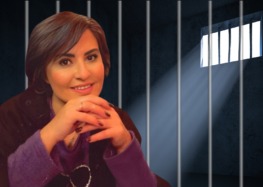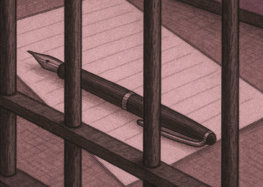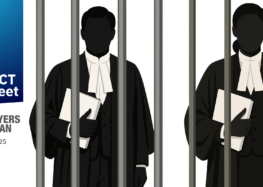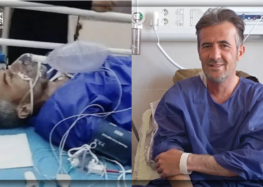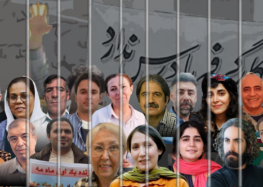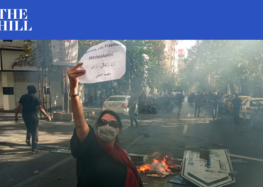Executive Summary
This report by the International Campaign for Human Rights in Iran seeks to shine a spotlight on the inmates of the Women’s Ward at Iran’s Evin Prison. It is based on testimonies and eyewitness accounts by prisoners in the ward, which were confirmed by recently released prisoners and family members of the ward’s prisoners.
At least twenty five women are known to be held in the Women’s Ward at Evin. All of the women there are political prisoners or prisoners of conscience—sentenced for peacefully exercising their rights to freedom of expression, belief, and peaceful dissent, rights that are guaranteed in both Iranian domestic law and international rights covenants that Iran has signed. They have been convicted in judicial processes characterized by egregious denial of due process, including lack of access to full legal representation.
The women in this ward endure inhumane conditions, including the denial of proper medical care in a prison infirmary that is dirty and lacking in supplies and medical specialists, denied or delayed transfer to hospital and specialists for treatment of serious illnesses, inadequate nutrition, and intermittent lack of heat. Like all political prisoners in Iran, these women are subjected to harsher treatment than other in- mates. They are routinely denied or subjected to limited family visits and telephone communication with family, and they are denied or subjected to limited furloughs, or temporarily leave, granted to most prison inmates in the Iranian penal system.
Because many of them are mothers, prison authorities often use their relationship with their children as a method of control and an avenue for additional punishment, withholding and dispensing visits and communication with their children at their whim. Thus the conviction, imprisonment, and treatment of the women in this ward at Evin violate multiple Iranian and international laws. The Iranian Judiciary has sole responsibility for prisoners in the Islamic Republic, and must use its authority to immediately address the plight of these prisoners. It should be held accountable for these rights violations by Iran’s President, Hassan Rouhani, by United Nations human rights bodies, and by all Member State governments in their bilateral relations with Iran.

